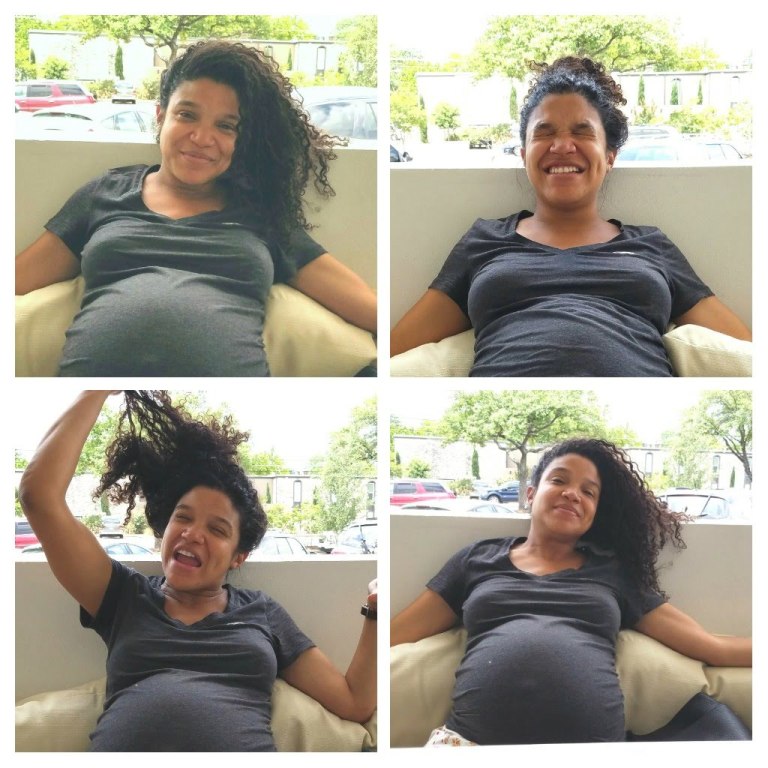 I met SHALEIAH FOX in 2011, her first year in Austin, when she nailed an audition for my dance troupe with the best “crybaby” I’ve ever seen.
I met SHALEIAH FOX in 2011, her first year in Austin, when she nailed an audition for my dance troupe with the best “crybaby” I’ve ever seen.
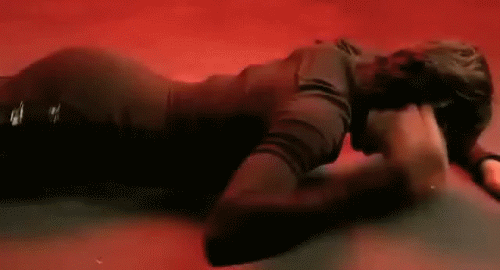
Her geeky moves and straightforward positivity endeared her immediately with our crowd, but soon we learned she was also a powerhouse for social justice. One dancer said, “Shaleiah’s got such a light spirit, I had no idea she was such a heavy hitter.”
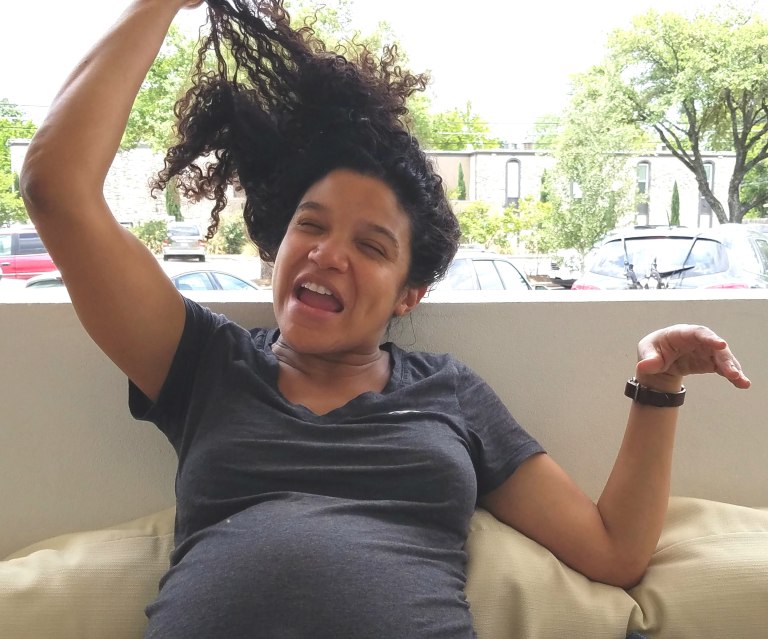
“Shaleiah’s got such a light spirit, I had no idea she was such a heavy hitter.”
Shaleiah grew up the only black child in an otherwise all-white family. She and her sister moved in and out of Florida’s foster care system. The alienation of these experiences gave her the fierce desire to help others in similar situations and fueled her motivation to attend Florida State University, earning master’s degrees in social work and public policy.
In 2012, she co-founded Fresh Chefs Society, a nonprofit that equips teens in foster care with a healthy mindset toward food, plus skills necessary to feed — and support — themselves as they move into independent living. Shaleiah’s dedication has turned Fresh Chefs into a national juggernaut (see their press in Martha Stewart, Edible Austin or Kettle & Brine). She keeps an eye on the kids, whether in or out of the program.
“A lot of the alums that have come through the program still stay in touch, so that’s the highlight for me,” she said. “One of the kids works on [the University of Texas] campus at one of the cafés, so once a week she comes in an hour before. We catch up, she does her work, then she goes to her job. That’s one thing Fresh Chefs does really well: staying connected to an incredibly transient population.”
“That’s one thing Fresh Chefs does really well: staying connected to an incredibly transient population.”
Shaleiah had more to give. In 2016, she took a position as the Associate Director of External Relations for Black Studies at UT Austin, overseeing outreach and fundraising for the program’s endeavors in scholarship, policy research, and cultural programming. She believes passionately in the Black Studies mission and cites the personal impact it has made on her life.
“Growing up in a small, white town with an all-white family, this has been the first time I’ve tapped into a community that … All these feelings that I’d dealt with growing up, all these things that I felt like may be different … It’s not that I was different; it was just that I was black, living in a white world!”
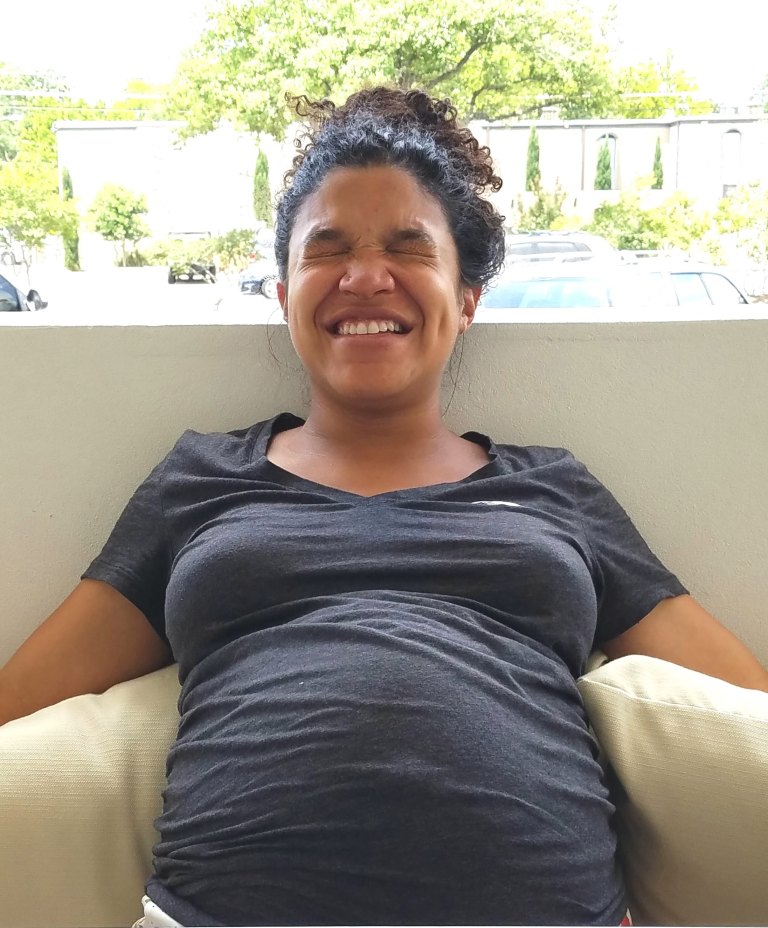
“It’s not that I was different; it was just that I was black, living in a white world!”
Her Black Studies work also has clarified new professional possibilities for her. “I’ve grown into a whole new person within this profession and community,” she said. “It’s encouraged me to seek out new things in a profession that I feel really good about: philanthropy, specifically black philanthropy, specifically black women in philanthropy. That’s what I want to do — and be unapologetically focused on not just women of color, but women-led initiatives.”
In addition to her community endeavors, Shaleiah is a vividly present wife and mother. I reminded her of one of my favorite scenes, at a backyard party where her son Miles was playing with other kids while the grown-ups talked nearby. Pushing a toy grocery cart, he called, “Mom, I’m going shopping!” In mid-conversation, she hollered back, “Pick me up bananas!” and continued talking. Their easy, casual rapport cracked me up.
When I said the story made clear to me that she integrates her child into her life, rather than rearranging her life to feature him as its central figure, Shaleiah laughed. “That’s really important to me,” she said. “When we thought that Miles was going to be an only child, we really knew that [the attention he would receive] needed to be controlled—for our own happiness, and for his, too.”
She added, “And now that I have a [work] world I really want to integrate, he’s not going to be the only kid of color in his life. And that, to me, is the greatest gift that I could give.”
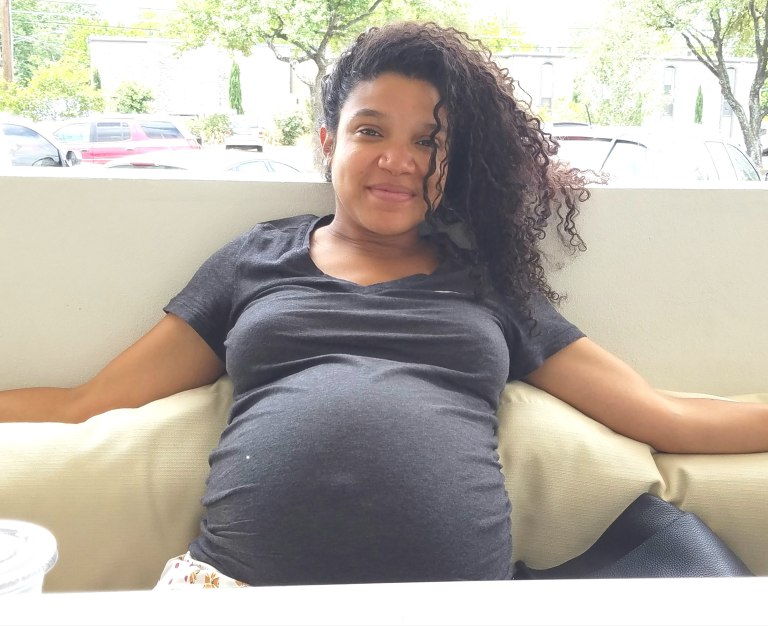
“He’s not going to be the only kid of color in his life. And that, to me, is the greatest gift that I could give.”
Shaleiah is almost finished preparing another human and is probably delivering her second child as you’re reading this. Just before she was set to pop, I got to talk with her over lunch.
SHALEIAH FOX: Q&A
Positivity. It’s always there, we just have to find it.
AWL: What effect do you most consistently work to exert on the world?
SF: Positivity. It’s always there, we just have to find it.
AWL: What’s your super power? How did you first recognize it? Do you use it for good or evil?
SF: My super power is my struggle. I really came into it when I was 18 and realized it wasn’t something to hide from. Now, I love it. I see how it makes me stronger, more resilient, and an asset to the community.
I use the power for good most of the time—but I definitely fall victim to using it as a tool for judgment.
AWL: What events do you feel have been most responsible for shaping you into the person you are now?
SF: Three events.
1) My childhood: spending time in the foster care system, poor, and the “token” in every sense imaginable;
2) College: learning how to think for myself—period—and the freedom to do that under the illusion of maturity and responsibility;
3) Meeting my two professional mentors: fiercely independent in different ways, but both invested in my success.
AWL: What takes up the majority of your brain space these days?
SF: Currently, the fact that I am about to birth someone out of my body. It’s as if my brain is shutting down all unnecessary functions (reasoning, caring too much about dumb things) as it prepares for something far more important.
Outside of that, I focus on figuring out how to 1) increase diversity in the spaces I operate; and 2) raise money for an executive director for Fresh Chefs so I can be a boring, regular volunteer!
My passion is advocating for youth in foster care, being a mentor, creating positive experiences around a dinner table.
AWL: What do you do for a living? What do you do for passion? Have you found ways to get those to work together?
SF: My job currently is overseeing development and fundraising for Black Studies at UT Austin. In my day-to-day, I connect with alumni and supporters, introducing them to the work happening at Black Studies in hopes that they’ll support it today or in the future.
My passion is advocating for youth in foster care, being a mentor, creating positive experiences around a dinner table. Being a social worker and advocate is soul-wrenching work and I see, fully, how people have to turn away at certain point.
For me, I’ve never had the privilege (and it truly is a privilege) to make my passion my work. I’ve reconciled that that’s not the life I am to have—and now that I have a full-time job I love, that’s okay.
I found women I wanted to be like professionally and copied everything they did in the workplace—their tone in emails, their filing system, organizational structure, etc.
AWL: What were you like when you were first starting your career? Have you changed in the way that you work and approach situations and people? What kind of scene could you envision if You Today hired or worked with You Starting Out?
SF: My first full-time job was when I was 22, for the State of Florida. Because I knew I knew nothing, I found women I wanted to be like professionally and copied everything they did in the workplace—their tone in emails, their filing system, organizational structure, etc. It turns out they both became incredible mentors and dear friends, and they shaped who I am today as a professional woman.
The career path has changed, and I now feel is heading in the right direction: philanthropy. I see myself in so many young staff in my building, and I try my best to “lift as I climb,” dropping little crumbs of wisdom until they ask me for more.
If Me Today hired Me Starting Out, I would have either been annoyed by my ambition or confused as to why someone so young could be so positive about a shit job. Ha ha!
AWL: Who makes up your communities? Have you accumulated or integrated different communities as you’ve moved into or through different areas?
SF: I remain extremely close to a core group of childhood friends who remind me, daily, where I’ve come from.
I also have a Florida crew that migrated to Austin, and we are family.
The last, but incredibly important, community I found was through Black Studies—faculty, staff, grad students. All remarkable.
AWL: Who are three of your female besties? How, when and why did you become friends? Why are you still friends? Tell me the worst awesome story about one of them! (Just kidding.)
SF: That’s so tough! I feel like I am going to make someone angry!
Stacy Gammill — We bonded over having popular, sexually active friends in high school who used us to make themselves feel better about their frequent poor choices.
Ashley Williams — Met in college, kept in touch throughout the years, and when she moved to Austin, we enjoyed three glorious months co-parenting Miles during the day while I worked from home before transitioning into full-time again.
Lauren Nottingham — She challenges me to be more, while at the same time putting zero expectations on the friendship.
Stacy definitely has the worst stories. I’ll tell you as many as you need.
We all support each other when the time comes. Some of us are just stronger some days.
AWL: What do you do for your lady community? How do they support you in achieving your goals? Do you fall into consistent roles, or do you switch up roles as situations necessitate?
SF: We spa, we yoga, we sit in my yard on Saturdays.
Consistent roles, absolutely. We all support each other when the time comes. Some of us are just stronger some days.
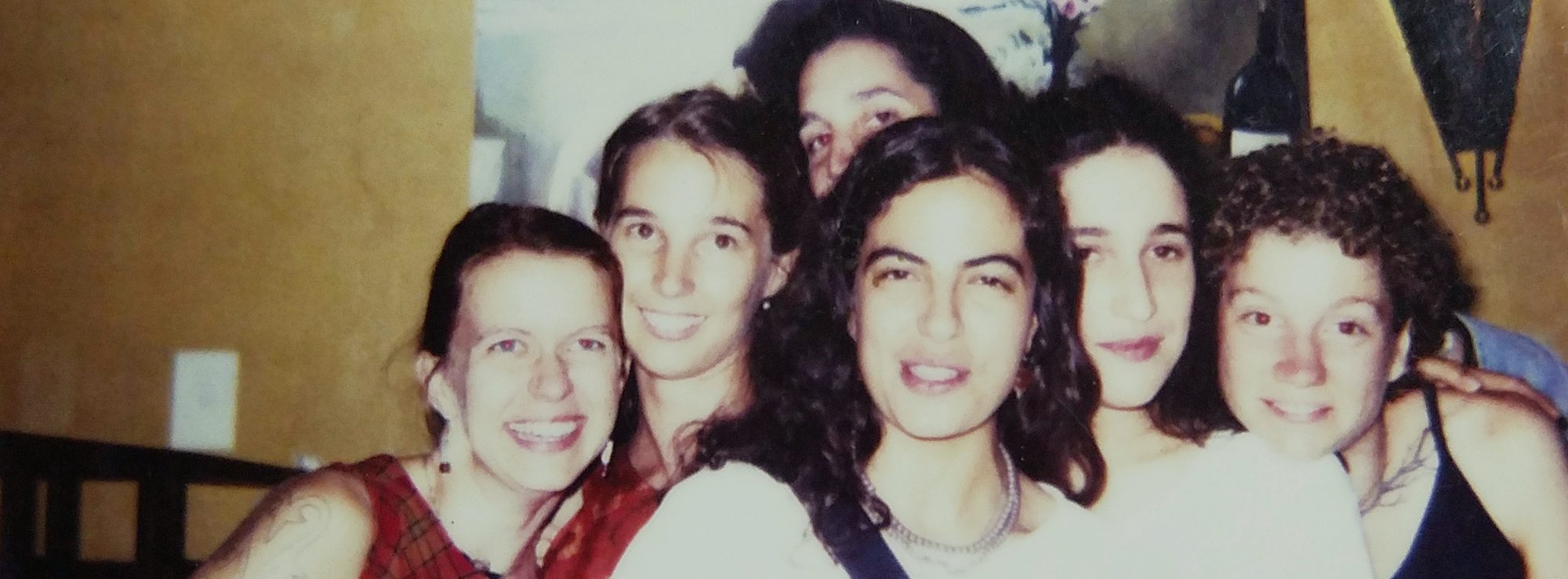
This is so awesome!!!!
LikeLiked by 1 person
This is an awesome tribute to an awesome woman warrior.
LikeLiked by 1 person
Thanks so much!
LikeLike
No matter their color I’m sure you make the people in your hometown proud Shaleiah! Happy to hear you are fulfilling your dreams and making a difference. You were always destined for great things.
LikeLiked by 1 person
Lovely. Thank you.
LikeLiked by 1 person